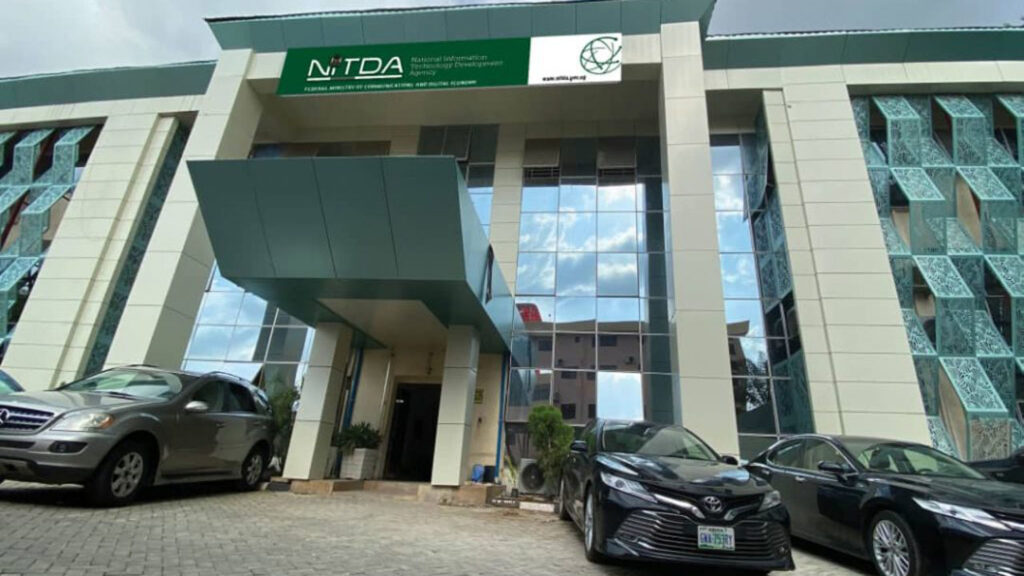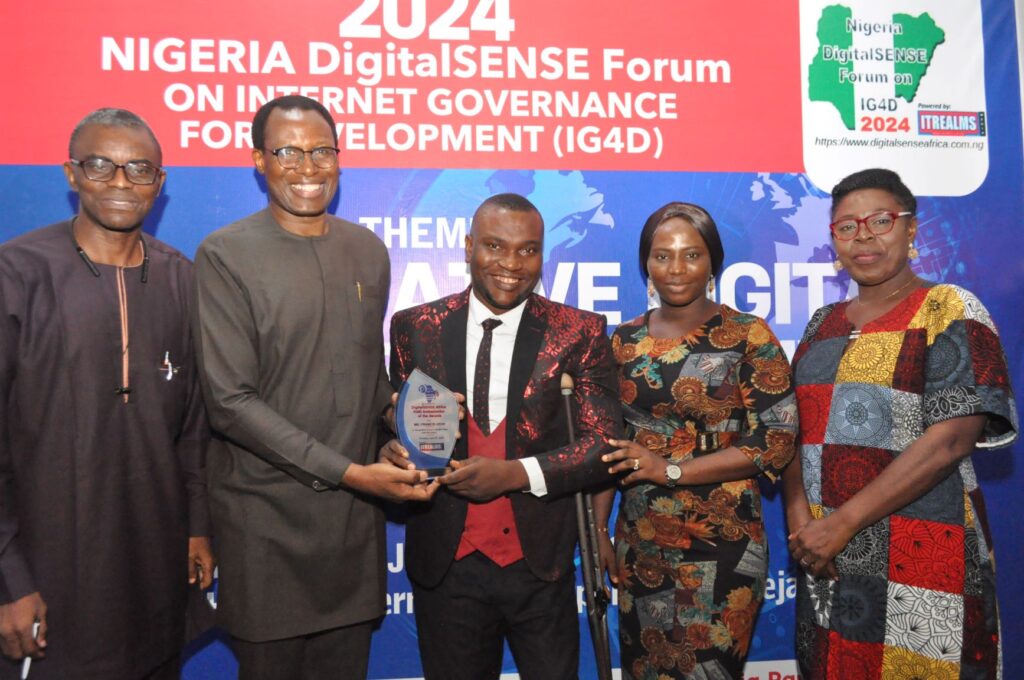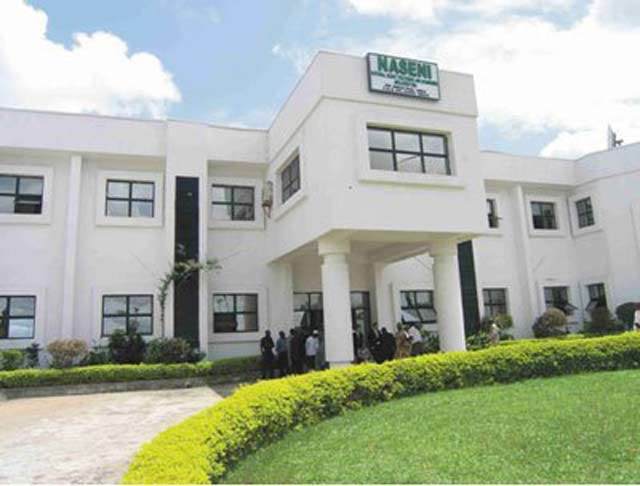
The Nigeria Office for Developing the Indigenous Telecoms Sector (NODITS), a special policy implementation office under the Nigerian Communications Commission (NCC), was created on July 5, 2021, to drive the development and patronage of indigenous content in the telecommunications sector. The Team Lead, NODITS, Babagana Digima, in this interview with ADEYEMI ADEPETUN, speaks on efforts to strengthen indigenous players, especially startups.
What is the focus of NODITS?
The four focus areas are manufacturing; services and software for the telecoms sector; people, and research and development for digital innovation and entrepreneurship. At NODITS, we try to promote the development of the indigenous telecoms sector. One of the things we do is sponsorship of startups to global events to pitch their content and by so doing showcase Nigerian strength.
At global invents, we also tried to woo investors into the telecoms sector to discuss the possibilities of investing in Nigeria across the various sectors of the economy.
We sponsored three teams of two people each to GITEX Africa in Marrakesh, Morocco. They have solutions around telecoms services. Hopefully next year, we will sponsor more. We have been sponsoring startups before now. Earlier in February, we sponsored eight startups to LEAP in Riyadh, Saudi Arabia. They all presented beautiful solutions to solving human problems.
How competitive are Nigerian startups?
In almost every competition that Nigerian startups feature, they are always very competitive, rated among the best in the world and the best in the region. They have done excellently well.
Interestingly, the solutions they bring are usually commercially viable in most cases and address the needs of a society, like Nigeria that is developing.
At LEAP in Saudi Arabia, Nigerians took about 25 per cent of the prizes that startups competed for. Those, which made it to the finals, came back with over $300,000 worth of funds and endorsements.
How do you see the Startup Act impacting the ecosystem and delivering the expected value?
When we looked at the Startup Act, we in NODITs are charged by the NCC to be the interphase between the NITDA, which is the secretariat for the Nigerian Startup Act and NCC. We have had discussions on the Startup Act. There are some parts that we are not too comfortable with. When we talk about startups, they are not only limited to the ICT sector. There are startups in other areas of endeavours, such as in agric, the medical field, education among others.
What we discovered about the Startup Act is that most of its focus has been only on IT, largely software. That is one area that we are not comfortable with as far as the Act is concerned. We expect the act to be all-encompassing, one that will look at startups in all their ramifications, whether it is one in t ahe medical field, agric, chemistry among others.
That is a major limitation we have seen in the Startup Act, but overall, the act is good and has provided opportunities for smaller companies to have where they can go and have access to funds.
In the funding aspect, there are also some limitations because the amount made available is very small compared to what other countries are providing for startups. What I saw there is less than N500 million or something around $10 million. This is relatively small compared to when you see a startup in Nigeria or companies that develop from Nigeria, have grown and gone out to be unicorns. And to be a unicorn, you need to raise funding around a billion dollar. And unless we do something that keeps our entrepreneurs and startups at home, we will virtually lose all those innovations coming out from Nigeria to foreign countries.
These unicorns get investors abroad, and before you know it, they become a foreign company. They only use the fact that they originated from Nigeria or Africa to say they are from this region where the idea emanated from but at the end of the day, they become a foreign company.
Government must put in enough money that will help startups scale up. The Startup Act can propel that major investment that will scale up products from Nigeria, then we can get local investors, I mean angel investors to make it grow and that would make it become a Nigerian company. If we don’t do this, then, unfortunately, we are only supporting ‘Jakpa’ in that sense.
What are the lessons from global events we participated in as a country?
For us, the take home is that there are lots of opportunities in Nigeria and we see it from the type of inquiries that we are having. For instance, at GITEX Africa, we received several inquiries from this stand, not only about ICT, but about other sectors of the economy. The take home is that everybody is looking at Nigeria for so many reasons, including our population.
It means there is a market here and we are the biggest in Africa. That follows with simple mathematics, people will say if this country is the biggest market in Africa, it means the business we are having elsewhere in Africa is just small as what we can get from Nigeria. The business you can get from Nigeria, let’s say as a mobile company, we have over 200 million subscribers in Nigeria and you may need to join five to 10 African countries and you are yet to reach 200 million. So, it just means that for a businessman, if you can invest in Nigeria and tap into those 200 million subscribers, is better than going to five different countries trying to mop up subscribers. So, the opportunities are vast in Nigeria.













